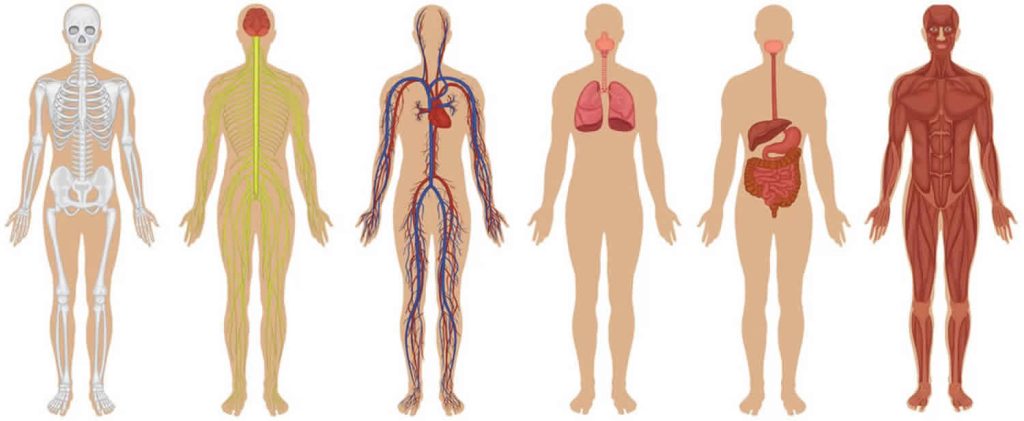
“Metabolic developmental disabilities are hundreds of different conditions that develop because of an impediment in the way that the metabolism works, often as a result of genetic defects inherited from both parents.
The metabolism is all the chemical reactions that your body uses to live. It creates energy, gets rid of chemicals that you no longer need, stores chemicals for later use, and uses chemicals in the best way. Together, these things are the metabolic process. And when it doesn’t work just right, many things can go wrong.” [1]
“Metabolism refers to the ongoing biochemical processes that maintain the functioning of living organisms. It is the balance of two processes:
Catabolism: Producing energy from breaking down larger molecules into smaller ones. For example, this may involve breaking down carbohydrate molecules into glucose.
Anabolism: Consuming energy to build new cells, maintaining body tissues, and storing energy.” [2]
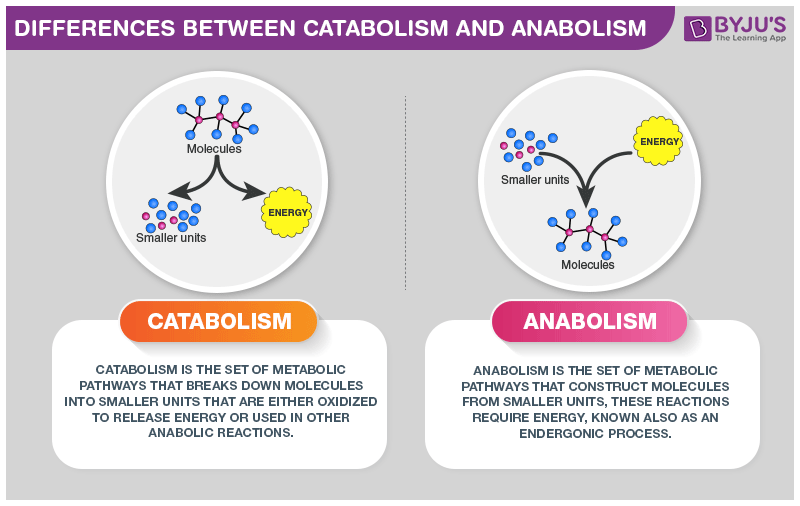
What Causes a Metabolic Disorder?
“In many cases, metabolic disorders are caused by genetic mutations. This means that one or more genes are altered so that they no longer function properly. Genes are responsible for coding for enzymes that facilitate the metabolism of different nutrients.
For example, mutations in three genes in maple syrup urine disease code for an enzyme called branched-chain alpha-keto-acid dehydrogenase (BCAD), which breaks down BCAAs.5
These genetic mutations are often passed down from one or both parents. If both parents carry one mutated recessive gene in a gene pair, though they may not have the disorder, they still can pass down the gene to their offspring, who will have the disease.
Other metabolic disorders, like diabetes, can be caused by organ dysfunction. Type 1 diabetes is considered an autoimmune disease with various contributing factors, both genetic and environmental.” [3]
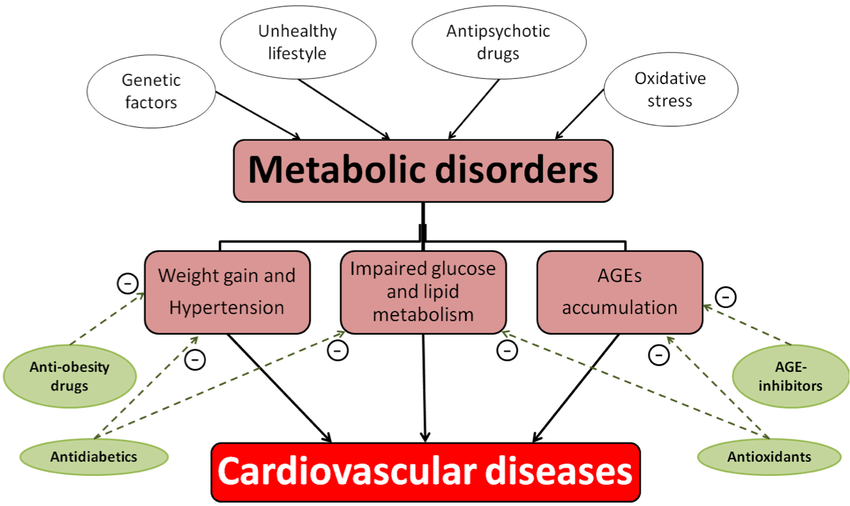
Metabolic Disorder Symptoms
“Symptoms of metabolic disorders depend on the disorder and how serious it is. Common symptoms include:
- Unintended weight loss, or a failure to gain weight and grow in babies and children
- Unexpected weight gain
- Tiredness and lack of energy
- Changes to the skin – color, bruising easily, thinning, slow to heal
- Belly pain and vomiting
- Decreased appetite
- Feeling hungry and thirsty, even though you are eating
- Developmental delays in babies and children — they don’t reach milestones when they are supposed to.” [4]
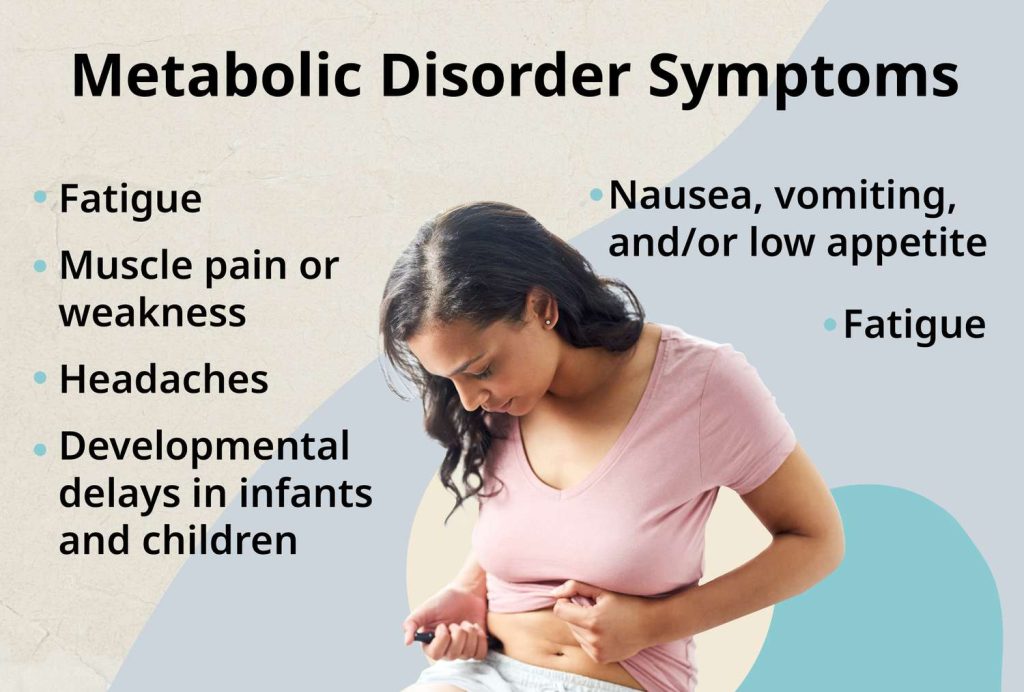
Metabolic Disorder Diagnosis
“A doctor will ask about symptoms and check medical and family histories. They will look for the presence of metabolic diseases in family members, which may indicate a genetic cause.
Metabolic disorders can have a wide range of impacts on the body. This means that doctors may use several different medical tests to identify the problem. Some conditions, such as Gaucher’s disease, have such a range of symptoms that it can take longer for doctors to diagnose them.
However, a diagnosis will typically involve a blood test. For example, doctors may use a blood test to check for abnormal blood glucose levels, which are a sign of diabetes.” [5]
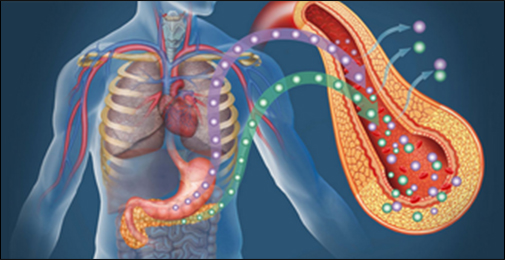
Treating Metabolic Disorders
“Treatment will depend on the type of metabolic disorder you have. Often diet modifications are necessary. A healthcare provider may advise limiting or restricting the nutrients or substances your body can’t metabolize.
In some cases, such as with Tay-Sachs disease, treatment may focus on reducing symptoms using anti-seizure medications.8 In the case of type 1 diabetes, individuals must monitor their blood sugar levels and inject themselves with insulin, the hormone their body does not produce.3” [3]

How do I prevent or reverse metabolic syndrome?
“Since physical inactivity and excess weight are the main underlying contributors to the development of metabolic syndrome, exercising, eating healthy and, if you have overweight or obesity, working toward a weight that’s healthy for you can help reduce or prevent the complications associated with this condition. Your doctor may also prescribe medications to manage some aspects of your problems associated with metabolic syndrome. Some of the ways to reduce your risk:
- Healthy eating and achieving a weight that’s healthy for you if you have overweight or obesity: Healthy eating and moderate weight loss, in the range of 5% to 10% of body weight, can help restore your body’s ability to recognize insulin and greatly reduce the chance that the syndrome will become a more serious illness.
- Exercise: Increased activity alone can improve your insulin sensitivity.
- Dietary changes: Maintain a diet that keeps carbohydrates to no more than 50% of total calories. “[6]
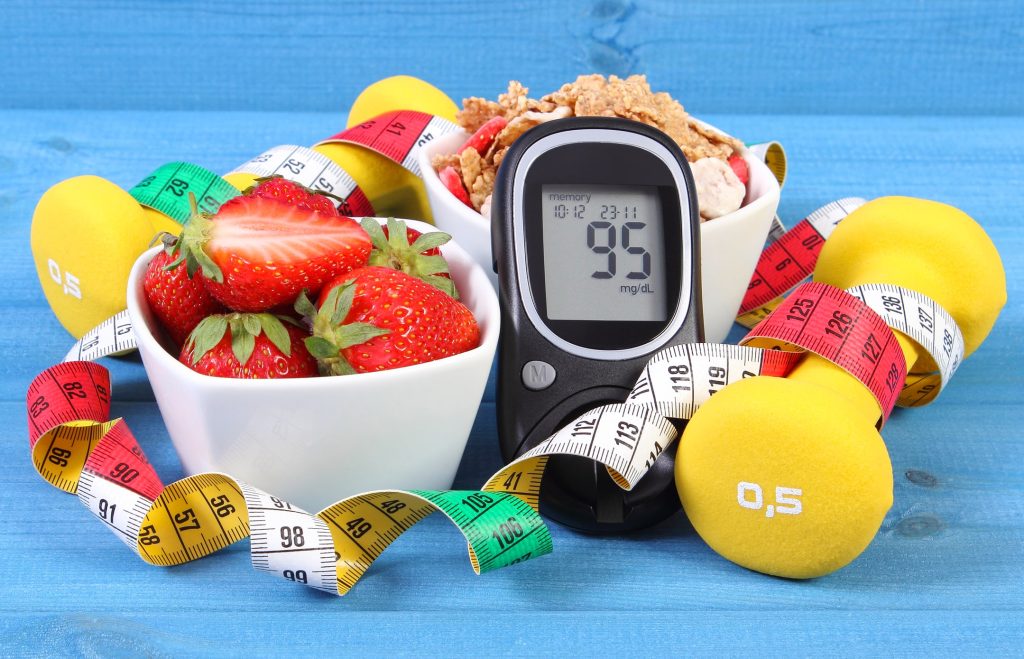
Metabolic Disorder in adults with IDD
“People with IDD have an increased risk for cardiovascular diseases and associated premature mortality when compared to the general population. Metabolic disorder and its components are highly predictive of cardiovascular diseases.” [7]
The recommendation is that this group needs to be constantly monitored because the symptoms of a metabolic condition can worsen without treatment and may lead to serious complications.
Take care of yourself and ask for help.
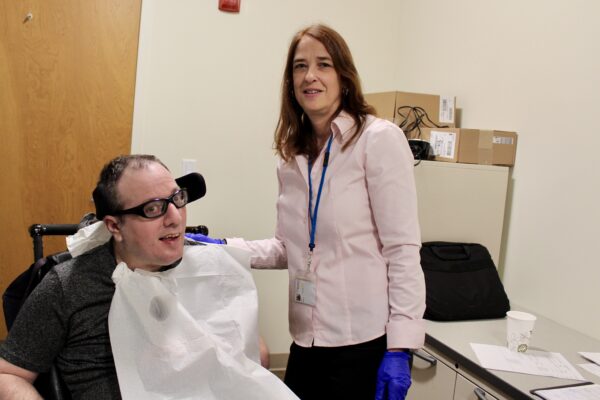
Resources
[2] https://www.medicalnewstoday.com/articles/metabolic-disorders#definition
[3] https://www.verywellhealth.com/metabolic-disorders-7368902
[4] https://intermountainhealthcare.org/services/diabetes-endocrinology/conditions/metabolic-disorders/
[5] https://www.medicalnewstoday.com/articles/metabolic-disorders#diagnosis
[6] https://my.clevelandclinic.org/health/diseases/10783-metabolic-syndrome
